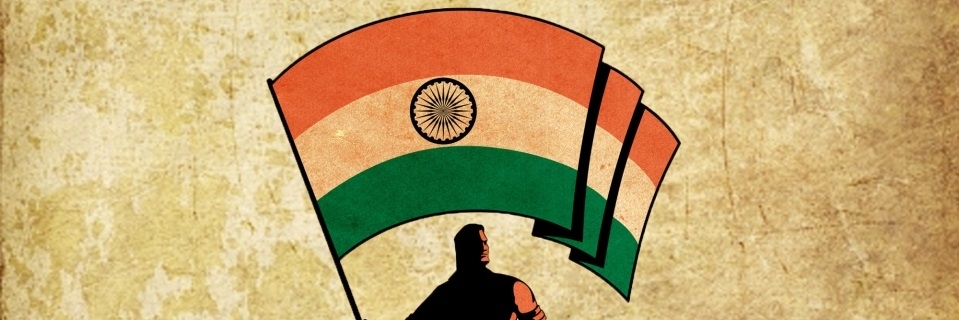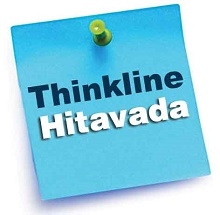Be the voice, not the noise
| Date :01-Mar-2019 |

By Biraj Dixit,
A little list of dos and don’ts for all times can help a fiery journalist see the thin line better. For example, how-so-ever zealous, dynamic interviewer is, he/she should be told never to ask any minister or official as to when would the next surgical strike happen.Without any infringement upon his/her right to ask, he/she can be told beforehand the very democratic reasons for not posing such a question.

“W here are you from?” “Sorry Major, I can’t tell you that.” “Don’t bother, your media just did.” A Twitter jibe at the boisterous Indian media says alot about how we custodians of individual freedom and nation’s dignity have behaved in past few days. Loud, loud and clear, loud and louder, loudest, louder than loudest the voices of passion have grown by degrees with each passing information. It is natural forpassions to run highinan environment like the present. But for all practical purposes, now is also the time to hold on tightly to those simple things called reason and good sense. Media, by definition, is a means of communication that reaches or influences people widely. Mediainfluencespeople - all the more a reason why one should of tencheckhowits influenceis being felt.Whetherutterances are factual inputs, (with greater degreeofrestraininview of the present conditions) rhetorics, lambaste bathed in wordy sentimentality, provocations or point of view encouraging deeper thinking, shouldn’t one be mindful of what the purpose of a presentation is? Though the lure of the TRP is huge, these are the times when nation and its best interest must inevitably precede everything else. Perhaps when we return to saner times and can sit down to assess our achievements and losses, and how we fared, then we can create a new manual on how not to go overboard. In a wonderfully vibrant democracy likeours,amediagagisofcourse, unthinkable, but ‘look before you leap’ is a wisdom foralltimes, isn’t it?
A little list of dos and don’ts foralltimescan helpa fiery journalist see the thin line better. For example, how-so-ever zealous, dynamicintervieweris, he/she should be told never to ask any minister or official as to when would the next surgical strike happen. Without any infringementuponhis/herright toask,he/she can be told be forehand the very democratic reasons fornot posing sucha question. For, one, it is an inappropriate question to be posed on national television. Two, they might never get an answer.Three, it is absolutely necessary for defence of the nation that such things are kept under wraps - even from the mighty (?) media. Four, it naturally puts the minister orthe official in a very tight spot.Five,itreflectsawfullyupon thenationalmediawhenitwishes to know, almost as anintegral part of its so-called right to ask belligerentquestions,anofficial secret publicly. Earlier too, there have been many occasions when the electronic media has been accused ofbecomingsobusyrollingcameras that national interest were forgotten. Today too, too much talking is impairing the skill of listening. It is way beyond journalism’s brief to decide what coursea nationmusttake.
There is again a thin line between representing public opinion and playing to the gallery. Even some from the comparatively-saner print media were foundwanting inupholding the national interest above all. In a freenation,there is nevera need to toe the official line, but how much should one deviate from the national line? And when Governments can hardly rein in on their print and electronic media what to say of the social media? Despite advisories and requests about being most sensitive to nation’s need at the present hour, some peoplecannot suppress their zealto become first to pass an information. How much harm misinformation can do or has done could be calculated at a later date, but for now, understanding the need not to give in to temptations for nation’s sake is most urgent. Indian journalism, that has risenfromthedepthsofour glorious freedom struggle where calculated words became a potent force to ignite nationwide awakening and to dismantle autocratic arguments, once lost a massive ground. “... You were asked only to bend, but you crawled’.
The words — by the veteran statesman Lal KrishnaAdvanipost-Emergency addressing editors— are etched likeanoldwound,inIndianjournalism’s collective memory. Going overboard,too, willhardly earn us any brownie points. We, the media, are the voice of the nation, not its noise.